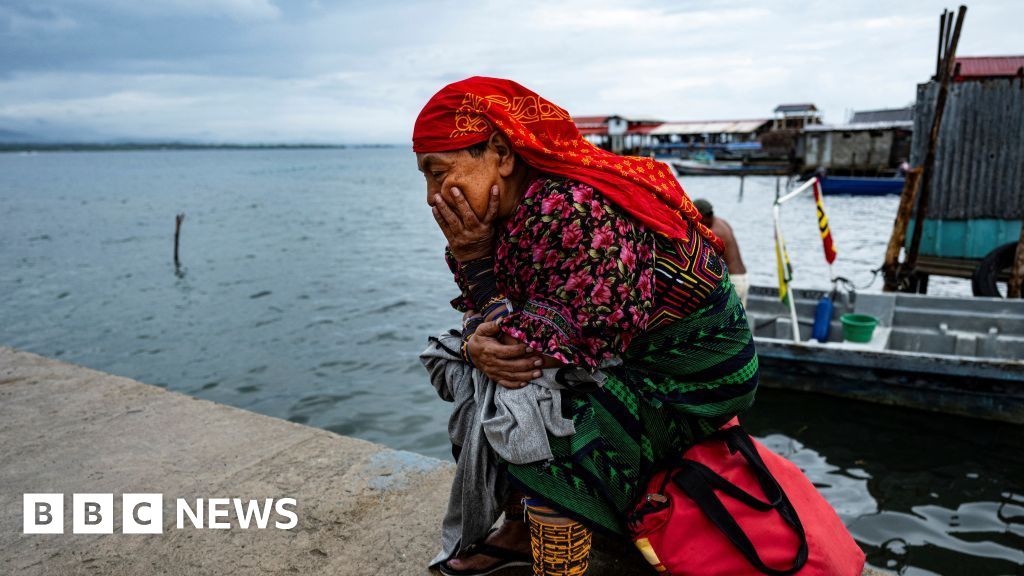After two weeks of talking, delegates here in Baku finally reached the crunch issues that were always going to face this meeting – dealing with climate finance, and improving efforts to cut carbon.
The question of money has long been a running sore in global climate negotiations.
Previous efforts to deliver funding of $100bn to developing countries ran late and often came in the form of loans.
Here in Baku negotiators have attempted to improve the scale and sources of the funding.
Developing countries said they needed $1.3tn by 2035 to cope with the growing impacts of a warmer world, and to take bigger steps in cutting their carbon.
For most of the allotted time here in Baku, the richer nations refused to put a figure on how much support they would give.
With just hours left to run, the Azerbaijani presidency produced a document with two figures – A $1.3tn overall goal by 2035 from all sources, but with $250bn from richer countries, who will take lead in providing the cash.
That $250bn by 2035 would come from public and private sources.
There would be no obligation on major emerging economies like China, who would be “invited” to make additional contributions.
This means that whatever money China contributes voluntarily would be counted towards delivering the overall figure.
Getting the extra cash to developing nations will be a challenge for richer countries, many of which are dealing with cost-of-living crises, and a hard sell to their taxpayers.
“It has been a significant lift over the past decade to meet the prior, smaller goal,” a US official said in a statement.
“$250 billion will require even more ambition and extraordinary reach.”
But developing countries were quick to shoot the idea down.
The Marshall Islands’ climate envoy Tina Stege said the texts were shameful.
“It is incomprehensible that year after year we bring our stories of climate impacts to these meetings and receive only sympathy and no real action from wealthy nations,” she said in a statement.
“We are not here to tell stories. We are here to save our communities.”

